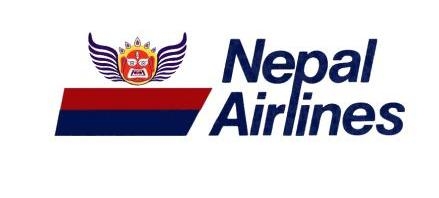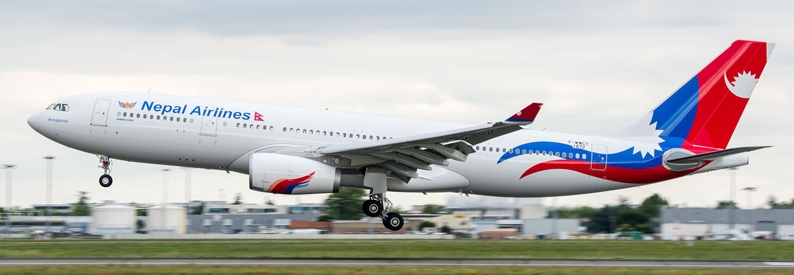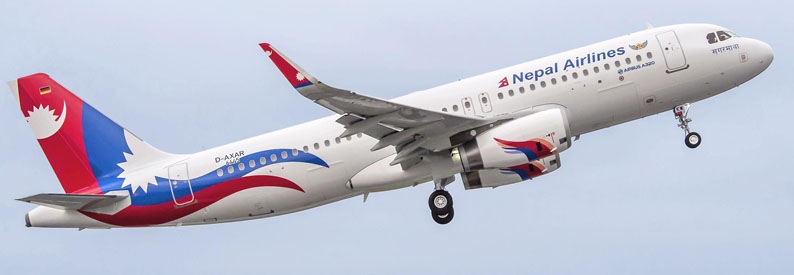Draft regulations under consideration by the Civil Aviation Authority of Nepal (CAAN) will mandate new airlines start operations with a minimum of three aircraft and have concrete plans for five within five years.
The 10th Amendment of Air Service Operation Certificate Guidelines aims to make new entrants more operationally robust. In comments to Kathmandu-based media, CAAN spokesman Jagannath Niroula said new airlines that fail to meet these fleet requirements could be required to amalgamate with another carrier.
In addition, the draft regulations stipulate that an airline's board members, senior management, and shareholders should not conduct activities or publicly express opinions on aviation-related matters contrary to the position of CAAN and the Nepalese government.
The proposed guidelines say that managers and office bearers will no longer be allowed to have interests in or engage with businesses or activities that run counter to the interests of the airline. A report cites the example of a person holding a stake in an airline and also a tour business that does business with another local airline. Practising pilots will not be allowed to have any commercial roles within an airline other than flying.
According to the CAAN website, there are nine fixed wing operators based in Nepal, including Nepal Airlines, Tara Air, Yeti Airlines, Summit Air (Nepal), Sita Air, Saurya Airlines, Shree Airlines, Guna Airlines, and Buddha Air. There are also around a dozen rotary wing operators in the country.
In further proposed changes, investors in a new airline will not be allowed to sell or transfer their shares for at least five years after receiving the initial no-objection letter. Senior airline managers will only be allowed to be appointed with the express approval of CAAN, including at privately owned airlines, and specific roles can only be filled by individuals who satisfy certain qualification and experience requirements.
CAAN says the draft regulations are designed to make airlines "more accountable."


